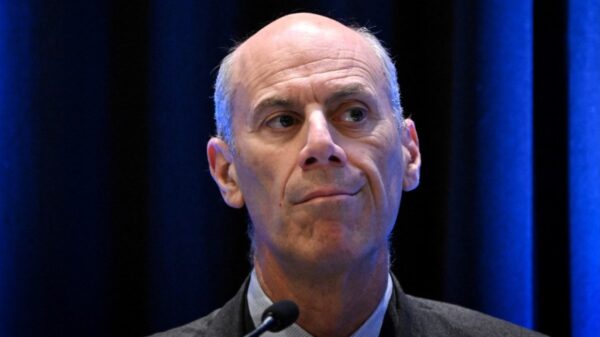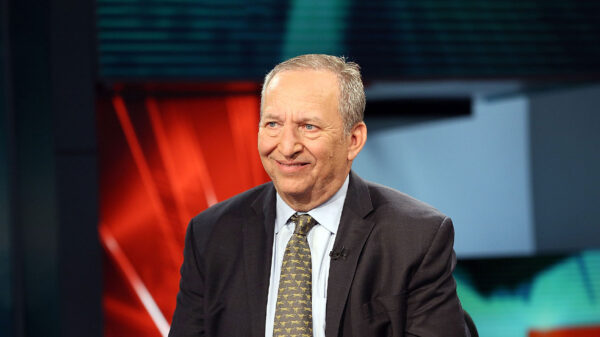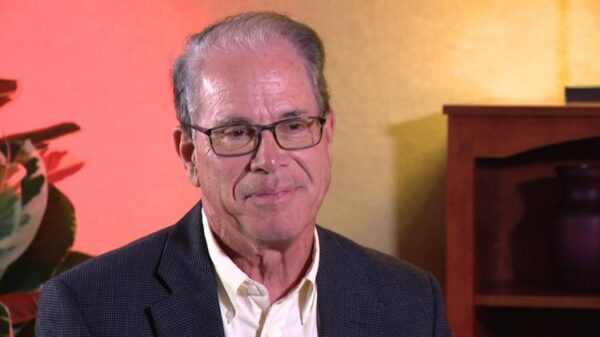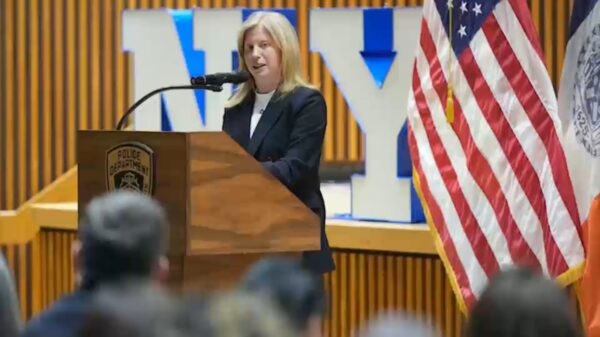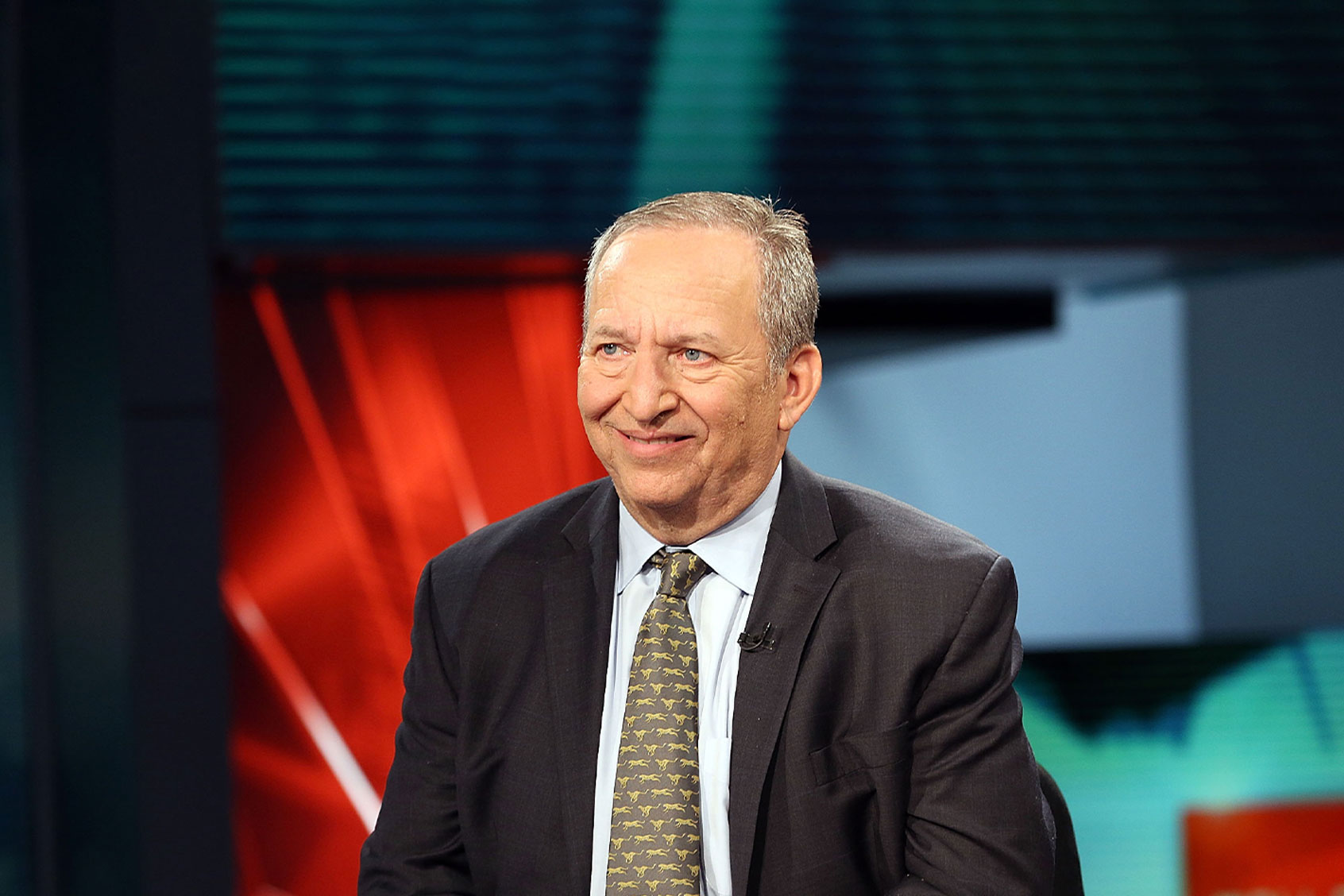Larry Summers, the former U.S. Treasury Secretary and ex-president of Harvard University, has resigned from the board of OpenAI. His departure comes in the wake of recently released emails linked to the late financier Jeffrey Epstein. These emails revealed a long-standing correspondence between Summers and Epstein, prompting scrutiny and concern.
Summers joined OpenAI’s board in late 2023. In a statement, he explained that his resignation aligns with his decision to step back from public-facing roles. “In line with my announcement to step away from my public commitments, I have also decided to resign from the board of OpenAI,” he stated. “I am grateful for the opportunity to have served, excited about the potential of the company, and look forward to following their progress.”
OpenAI acknowledged Summers’ contributions and expressed respect for his decision. This resignation follows a significant release of documents from Epstein’s estate, which includes thousands of emails made public by the House Oversight Committee. The emails reveal regular communication between Summers and Epstein, extending into 2019, even after Epstein had pleaded guilty to charges related to child prostitution. Their correspondence continued until Epstein’s arrest on federal sex-trafficking charges.
Many exchanges between Summers and Epstein were of a personal nature, including instances where Summers sought advice from Epstein regarding romantic relationships. The existence of these emails raised alarm at Harvard University, which has confirmed it is conducting a review of the actions of Summers and other university affiliates mentioned in the documents. A spokesperson for Harvard stated, “The University is conducting a review of information concerning individuals at Harvard included in the newly released Jeffrey Epstein documents to evaluate what actions may be warranted.”
In a recent statement, Summers expressed that he felt “deeply ashamed” and took full responsibility for maintaining contact with Epstein. Until the release of the emails, Summers was a prominent figure in liberal politics. Reports indicate that he was actively involved in the Center for American Progress, working on an economic agenda for the next Democratic administration. Following the email revelations, the Center for American Progress announced that he would no longer serve as a fellow. This decision aligns with similar moves by other organizations, including The New York Times, Bloomberg, and the Center for Global Development, which confirmed they would end their affiliations with him.
The fallout from these revelations continues to unfold, as more details come to light regarding Summers’ relationship with Epstein and its ramifications within the broader political and academic landscape.






